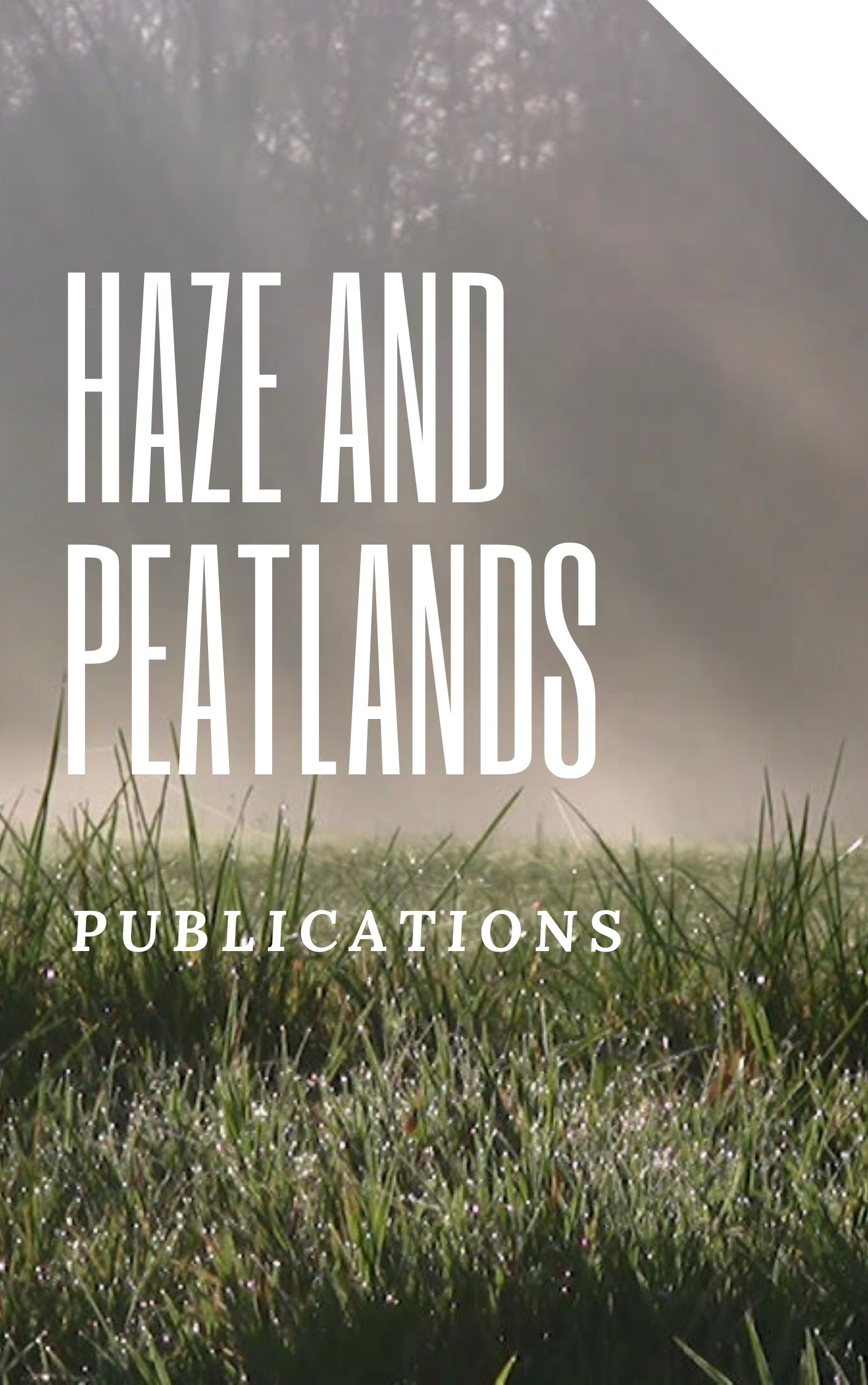This study provides a comprehensive framework to mitigate or prevent forest and land (or wildland) fire disaster in Malaysia. This system supports emergency response and preparedness for wildland fire by means of integrated modelling, monitoring and mapping of fire danger. In this framework, multi-sensor applications for monitoring fire danger and fire activity are linked with decision-aid models in a Geographic Information System (GIS) environment to generate information required for wildland fire management. Using a customized version of the spatial Fire Management System software, components of the Malaysia Fire Danger Rating System (FDRS) are calculated to provide fire weather, fire behaviour and wildfire threat information. Wildfire threat ratings (WTRs) are assessed on the basis of fire occurrence risk, potential fire behaviour, suppression capability and values at risk. Outputs from the Malaysia FDRS were integrated with hotspots extracted from remote sensing data to generate combined maps of active fire locations, fire danger, potential fire behaviour and uncontrolled wildland fire (or wildfire) threat. In case of wildfire, remotely sensed data were also used to generate wildfire affected area and emergency response maps for emergency management. The system architecture and application models for wildfire analysis, which aid decision-making components for wildfire mitigation and relief, are described. These include early warning of fire, risk analysis, damage assessment and emergency response analysis. This article provides the first documentation of a national, operational system linking fire danger rating with socio-economic values, as defined by the WTR models, to guide fire and rescue decision-making during wildfire events. It is finally shown how the proposed system can reduce the risk offire management disputes in Malaysia by directing the conflict to a more favourable resolution. © 2012 Copyright Taylor and Francis Group, LLC.
View source

